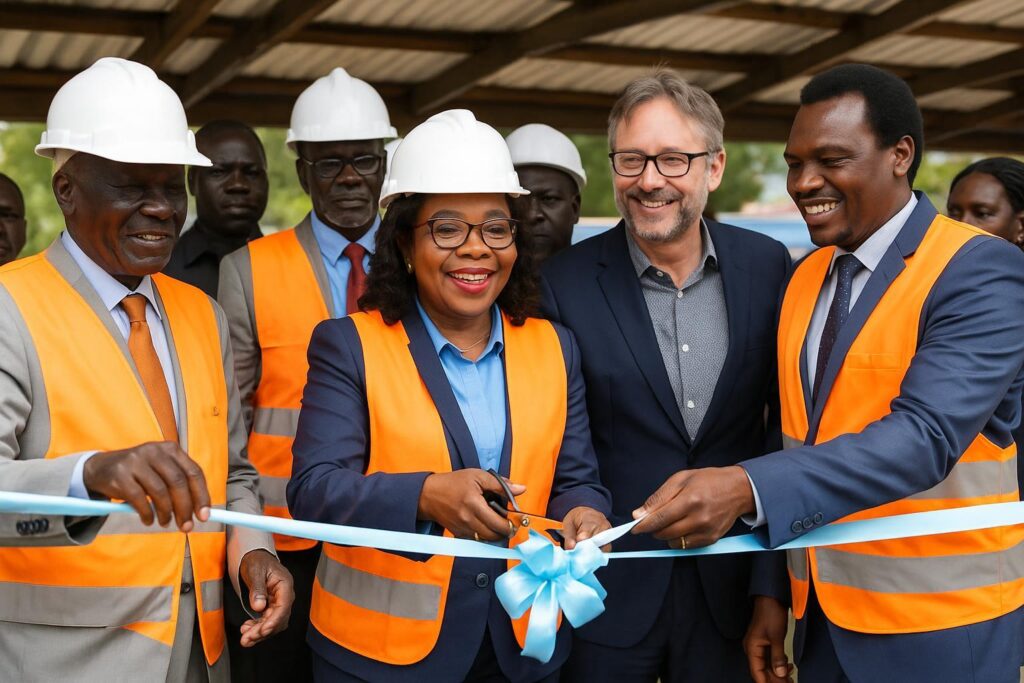Solar Energy Lights Up Health HQ
The Ministry of Health in Brazzaville switched on a 100-kilowatt solar array this week, marking the first time its headquarters can operate entirely off-grid during power cuts. The system, supplied by the United Nations Development Programme, dovetails with Congo’s climate targets.
Health officials say refrigeration for vaccines, electronic medical records and disease surveillance servers will now run without interruptions, a chronic challenge in a city that still experiences load shedding.
Strategic Health Governance Boost
“Reliable electricity translates into reliable data,” noted Minister of Health Gilbert Mokoki during the commissioning ceremony. He argued that uninterrupted connectivity will improve nationwide coordination, especially for early outbreak alerts.
Analysts from the regional WHO office agree, adding that digital dashboards often collapse first when generators fail, delaying decisions at provincial clinics. They described the solarisation as “a governance upgrade as much as an energy upgrade.”
Global Partners Align Resources
The project sits under the Global Fund Solarisation Initiative, which has already equipped twenty-five health facilities across Congo with renewable power, according to UNDP country representative Stephen Rodrigues.
Financial backing comes from the Global Fund, while technical guidance is provided by the Ministry of Energy and Hydraulics. Observers say the multi-agency blueprint reduces duplication and accelerates climate-smart investments.
Building Local Technical Skills
UNDP engineers have trained thirty local technicians on maintenance, fault detection and battery management. “We want Congolese talent to own this system long after donors step back,” said project coordinator Aïssatou Diallo.
The Ministry plans to integrate solar technology into vocational curricula, a move applauded by the African Development Bank, which sees green jobs as a pillar of post-oil diversification.
Ripple Effects for Patients
Early evidence from solarised hospitals in Pointe-Noire shows shorter waiting times for laboratory results and fewer stock losses of temperature-sensitive medicines. Residents say the difference is tangible.
With Brazzaville headquarters now fully powered, officials expect similar gains nationwide. “Energy should never decide who gets treatment,” Minister Mokoki concluded, framing the initiative as a catalyst for universal health coverage.


